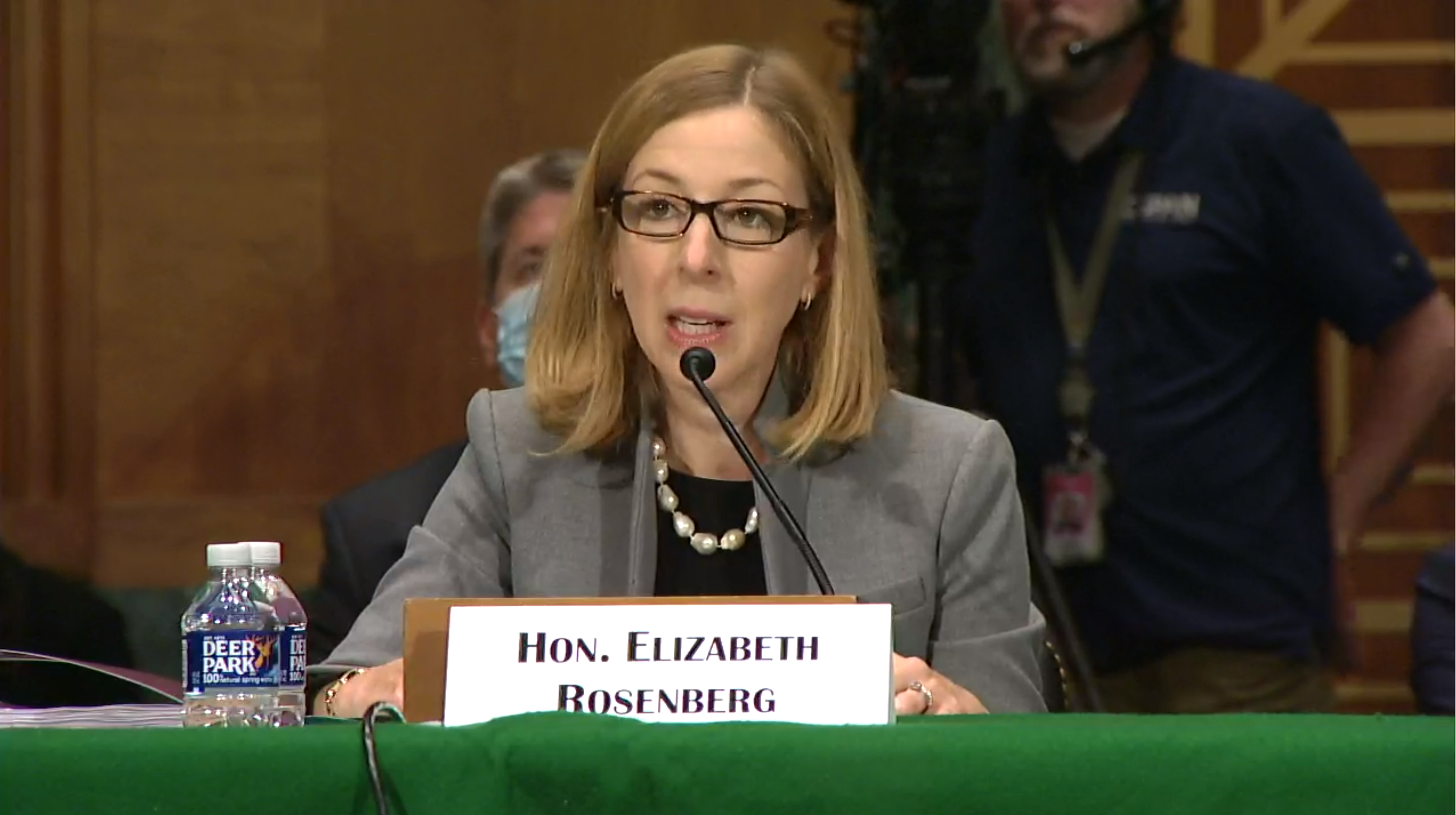WASHINGTON, DC – Today, Elizabeth Rosenberg, Assistant Secretary for Terrorist Financing and Financial Crimes at the U.S. Department of the Treasury, and Andrew Adams, Director of the Task Force KleptoCapture at the Department of Justice, testified before the Senate Committee on Banking, Housing, and Urban Affairs on steps the Administration is taking in response to Russia’s invasion of Ukraine.
Erica Hanichak, Government Affairs Director of the FACT Coalition, said in a statement:
“It’s plain and simple: Putin’s allies shouldn’t be able to stash their blood money in the United States. U.S. officials and the international community have organized a rapid and robust economic response to stand by democracy and human rights in Ukraine, but these efforts are only as good as their ability to be enforced.
“Today’s testimony only underscores the urgency with which the Administration must advance these reforms, especially in expediting the now overdue implementation of the bipartisan Corporate Transparency Act, which will pull back the veil on otherwise anonymous U.S. entities. I applaud Assistant Secretary Rosenberg for acknowledging that the defense of Ukraine’s democracy demands concurrent efforts to advance longer-term reforms to keep the U.S. economy from being a dumping ground for illicit Russian funds – including by advancing the Corporate Transparency Act and by instituting anti-money laundering protections within the $50 trillion U.S. real estate market and $11 trillion private investment market.
“Likewise, Congress has a key role to play in overhauling areas in which the U.S. anti-money laundering framework has fallen short. While the Treasury has successfully blocked assets of oligarchs – like $1 billion held in a Delaware-based trust by gold-magnate and Putin-financier Suleyman Kerimov – there should be more checks to make the U.S. economy less hospitable to corrupted funds in the first place. The U.S. is one of only two democracies that doesn’t require financial ‘gatekeepers,’ like professionals who arrange U.S. trusts, to have any knowledge of the client with whom they’re working.
“It’s time to change the status quo. U.S. professional ‘gatekeepers’ who arrange trusts, form entities, or manage money for a client should be required to conduct at least the most basic anti-money laundering checks. That’s why the Senate should follow its colleagues in the House and pass the ENABLERS Act.”
Notes to the Editor:
- Watch the Senate hearing here. See written testimony by Assistant Secretary Rosenberg here, and Director Adams here.
- The final first rulemaking on the Corporate Transparency Act is under review by the Office of Management and Budget and is awaiting sign off before becoming public. The FACT Coalition submitted comments on the rule in its draft form in February this year.
- In July, Treasury blocked assets held by sanctioned Russian oligarch Suleyman Kerimov, who kept $1 billion in holdings in Delaware-based Heritage Trust, set up by a U.S. service provider. According to a 2021 German Marshall Fund report, the U.S. is in the last 10 percent of countries – and only one of two democracies – that does not require its professional gatekeeper industries to fulfill basic anti-money laundering checks. The House-passed ENABLERS Act would direct the Treasury Department to advance rulemakings to institute risk-based obligations for these professionals.
- Fact sheet on the ENABLERS Act’s provisions.

